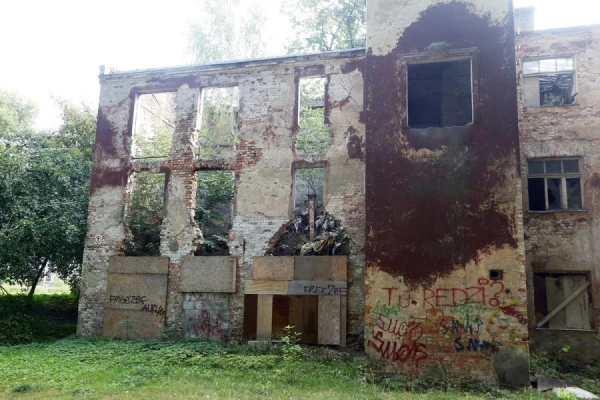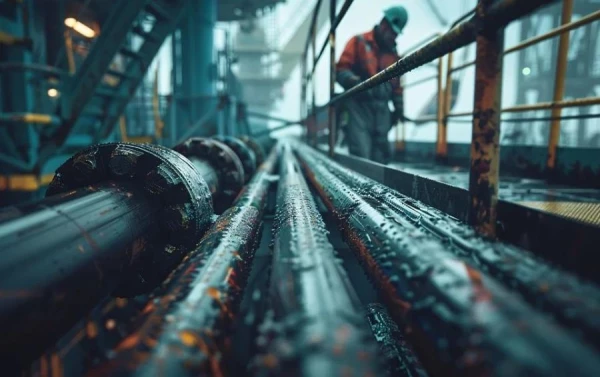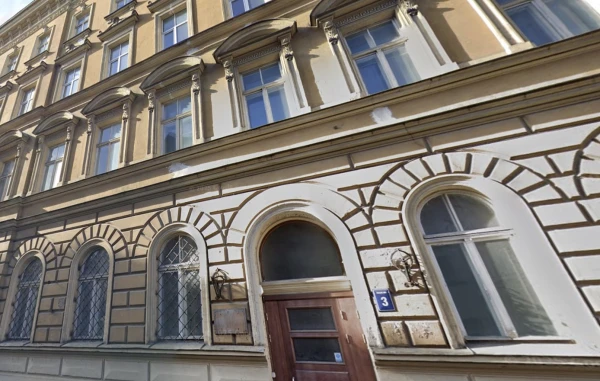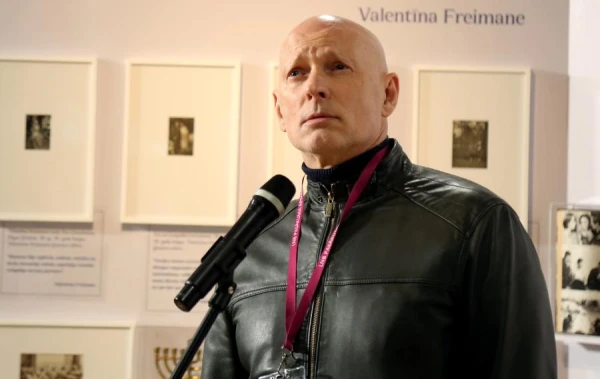
Last week, three citizens of Latvia were sentenced to prison terms for organizing a tax evasion network.
They are responsible for embezzling money from the budgets of several European countries. As part of this scheme, companies across Europe engaged in fictitious transactions with each other and requested VAT refunds, reported the program "Nothing Personal" on TV3.
Data from the Register of Enterprises reveals other businessmen owning companies that are not actually engaged in any activity. The trail of one such entrepreneur leads to dilapidated buildings in Tukums, Jūrmala, and other locations. The 63-year-old Maris Umbraško owns 22 companies in Latvia, but this is just the tip of the iceberg - over many years he has been the owner of more than a hundred companies, and through them, other subsidiaries. All of them were originally established by other individuals, but after passing into Umbraško's hands, they transferred their legal addresses to villages in the vicinity of Ludza, Balvi, Rēzekne, or Daugavpils.
This list also includes a once-popular confectionery and the oil terminal "Baltic Oil Terminal" associated with the company "Dinaz". The scheme is almost the same in all cases - Umbraško becomes the sole owner and board member of the company, changes its official address, and then submits a resignation from the board position to the Register of Enterprises. The company stops submitting annual reports, does not respond to letters from the Register of Enterprises and the State Revenue Service, and government authorities forcibly liquidate it.
"That’s why you will surely see on the portal ss.lv that people buy companies. It is precisely because liquidating them normally is extremely difficult and stressful," says Register of Enterprises representative Intars Mikelsons. The Register of Enterprises acknowledges: companies without board members or those that cannot be found at the declared address are indeed liquidated in a simplified manner.















Leave a comment